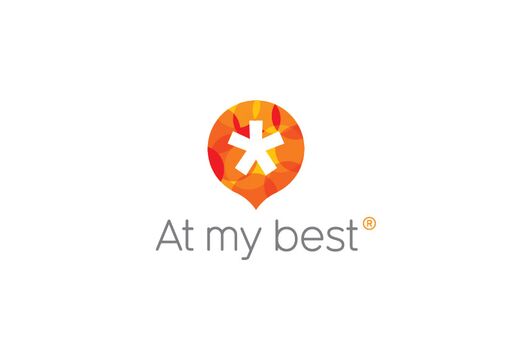This July, we joined more than 800 people from 30+ countries for the inaugural Festival of Positive Education in Dallas, Texas.
It was an incredibly inspiring and uplifting event to be part of, and a huge privilege for us to be presenting on the same bill as some of the leaders in our field. These included Martin Seligman, Shawn Achor, Angela Duckworth, Michelle Gielan, Anthony Seldon (yes that's him in the photo, stood on his head!), David Cooperrider, Lea Waters and many others.
It would be impossible to convey everything we took away from this special event in one short blog post, but I’d like to share a few key reflections. No doubt, we will revisit some of our learning over the coming months too.
What is Positive Education?
If you’ve not come across the term ‘positive education’ before, here are two very simple questions that help illustrate what it’s all about:
- In one or two words, what do you most want for your children?
- In one or two words, what do schools teach?
Martin Seligman has posed these questions to thousands of parents and has consistently found that there is next to no overlap between the responses to each question. The things that parents consistently desire for their children – happiness, wellbeing, health, confidence – are notably different from the knowledge, qualifications and test-taking skills typically focussed on by schools.
Positive Education aims to create a greater overlap between academic and wellbeing agendas. It is about building wellbeing and character at the same time as working towards achievement. That’s why IPEN (the International Positive Education Network) has a double helix as its logo.
Wellbeing enhances academic achievement
Some politicians argue that nurturing wellbeing and ‘happiness’ shouldn’t take precious time out of the curriculum. Their concern is that test and exam results will suffer if schools take their eye off all-important academic progress. In the other camp, advocates of positive education say that success in exams is not the most important thing that education can give us.
They ask – is it possible that greater self-awareness, improved self-control and enhanced resilience might be even more important? What about building our capacity for interpersonal relationships, finding the things that give us meaning, or discovering our strengths? When we think about what happiness and success looks like in our lives, how important is academic achievement?
For me, it’s a smallish slice of the whole pie!
But here’s the crucial thing – happiness and academic achievement are not mutually exclusive. Research by Alejandro Adler, shared by Martin Seligman at the Festival, emphatically shows that positive education programmes can enhance both wellbeing and scores on standardised tests. In positive education programmes rolled out to more than 8000 students across multiple countries, Adler has recorded improved happiness and academic performance.
Teacher engagement and persistence is key
Another aspect of Adler’s research that caught my attention was his finding that teachers are the key ingredient in positive education programmes. He has recently discovered that it is teachers’ increased engagement and persistence that mediates the impact on students – i.e. the positive impact on teachers cascades through to students.
It was particularly exciting to hear Martin Seligman talking about this in his keynote address because we were running a workshop the following day with the title ‘Helping Teachers Flourish: Using Strengths to Build an Appreciative Culture.’
An appetite for practical tools
Perhaps it was Seligman’s comments that helped make our own workshop so popular - we had nearly 100 people attend and had to find extra chairs to fit everyone in!
Given that there were 8 other sessions running at the same time as ours, several of which we would love to have attended ourselves (including one by Alejandro Adler!), Michele and I felt honoured to have a full room. What’s more, we were excited to see the obvious enthusiasm for the content of our workshop.
In particular, the activity with our strengths cards seemed to be a real hit and generated a huge amount of energy. It was great to hear people recognising how a simple stimulus can spark powerful dialogue around when people are at their best. The insights created by these conversations led to an appreciation that formal ‘assessments’ aren’t always necessary.
One of my favourite moments was when a certified StrengthsFinder coach stood up, unprompted, and shared with the room how our approach could complement the tools she already uses.
Building momentum
A benefit of exhibiting at the festival was that we had lots more discussions after our workshop had ended, with a steady stream of people coming to see us at our booth. It was so good to hear that schools are looking for tools they can use with staff as well as students, and that our strengths cards, and 360 feedback tools meet a real need.
We made so many connections with people who are doing great work around the world and look forward to helping this community build momentum around the positive education agenda.
Let’s hope the politicians take notice and put the wellbeing and character development of staff and students at the heart of education.
